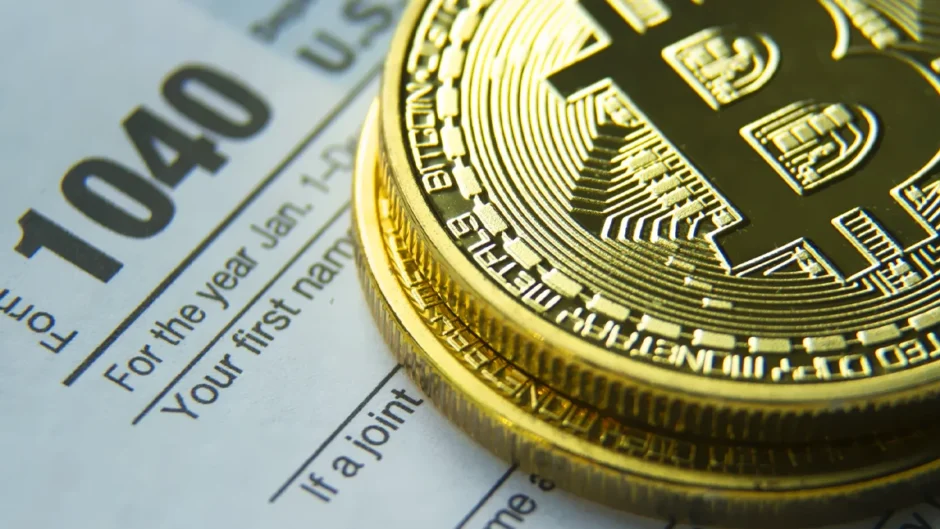South Korea government is considering a delay in the imposition of 20% tax on crypto gains, following significant concerns from the local crypto community. Set to be implemented in 2021, this tax might now be postponed until 2028.
Background of the Crypto Tax Proposal
South Korea’s Ministry of Economy and Finance had planned to introduce a 20% tax on cryptocurrency gains starting in 2021. Profits exceeding the basic deduction of 2.5 million won (approximately $1,800) would be subject to this tax. Additionally, a 2% local income tax would also be levied on these gains. The tax aimed to regulate the expanding cryptocurrency market and ensure proper taxation of digital asset profits.
Reasons for the Delay
Substantial resistance greets the proposed implementation. The crypto community and stakeholders argue that the market is not yet ready for such taxation. People express concerns regarding the potential negative impact on trading volumes and the viability of smaller exchanges. Reportedly, the technical and institutional infrastructure needed to enforce this tax remains underdeveloped, posing challenges for immediate implementation.
Political and Economic Considerations
The ruling party in South Korea appears to be reconsidering the timing of the crypto tax implementation. Democratic Party leader Lee Jae-myung has hinted at the necessity of delaying the tax to better align with the country’s current economic and technological state. This perspective is likely influenced by the broader economic context and the potential risks to the burgeoning crypto market.
Institutional Readiness
One of the key issues highlighted by the Korea Economic Daily is the lack of sufficient preparation at the institutional level to effectively implement the crypto gains tax. The existing systems and frameworks are reportedly inadequate to handle the complexities of cryptocurrency taxation, leading to the recommendation for a delay until 2028.
Impact on the Crypto Market
Major Korean crypto exchanges, such as Upbit, Bithumb, and Coinone, have expressed serious concerns about the potential impact of the tax on trading volumes. An anonymous spokesperson suggested that many platforms might face closure if the tax were implemented as originally scheduled. This concern stems from the belief that the tax would significantly reduce trading activity, thereby affecting the overall health of the market.
Market Reactions and Predictions
The potential delay has been met with mixed reactions from market participants. Some see it as a necessary step to ensure the sustainability and growth of the crypto industry in South Korea. Others, however, are concerned that continued delays could lead to regulatory uncertainty, which might deter long-term investment in the sector.
The Future of Cryptocurrency Regulation in South Korea
The South Korean government faces the challenge of balancing effective regulation with the need to foster innovation. Striking this balance is crucial to maintaining the country’s position as a leading hub for digital assets and blockchain technology. The proposed delay in the crypto tax could provide the necessary time to develop a more robust regulatory framework that supports both compliance and growth.
Potential Regulatory Changes
It is possible that South Korea might consider other regulatory measures to complement the crypto tax. These could include enhanced anti-money laundering (AML) policies, stricter exchange regulations, and measures to protect investors. Such steps would aim to create a safer and more transparent market environment, addressing some of the concerns raised by stakeholders.
Read also: Top cryptocurrencies to watch this week: XLM, MOG, MANA




